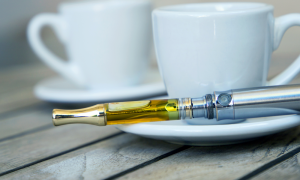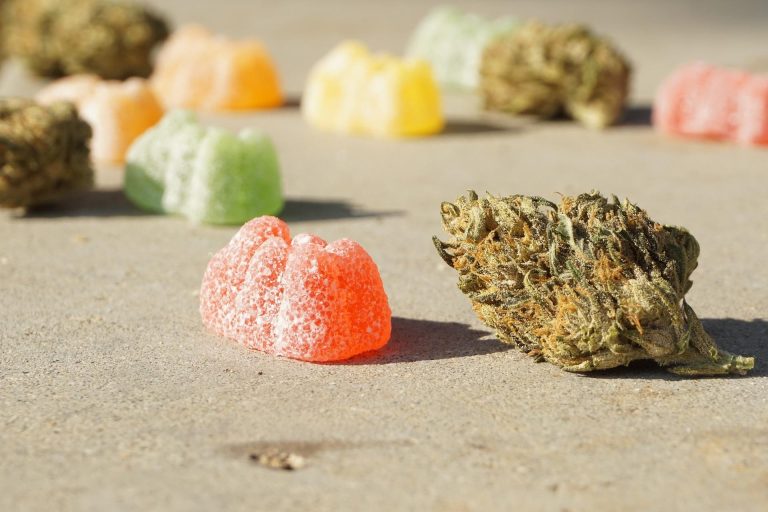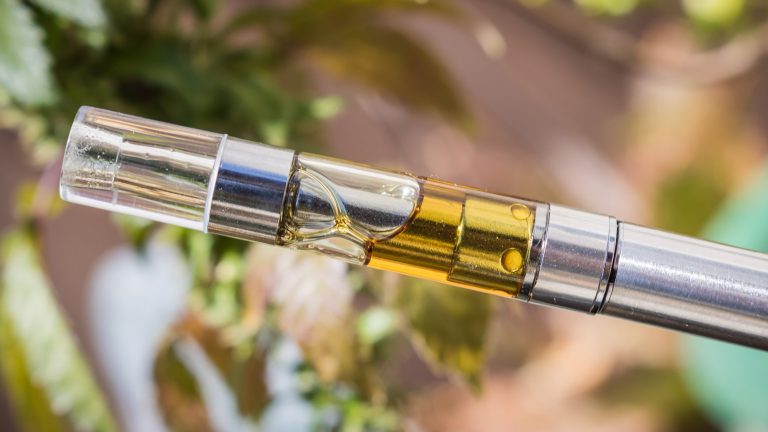Oil extracted from the cannabis plant is known as cannabidiol, or CBD for short. One of the potential advantages to one’s health is a reduction in both inflammation and discomfort. Nonetheless, there are certain governments that do not permit it, and there is also the possibility of encountering some dangers. For those willing to try, it is advisable to look for the Great Best CBD Oil Canada. Epidiolex is a pure version of CBD oil, and in June of 2018, the Food and Drug Administration (FDA)Trusted Source gave its approval for the use of the medication to treat two different kinds of epilepsy when prescribed by a doctor. In certain states, only some types of cannabis are permitted, while others allow others.
Cannabis is made up of a diverse collection of chemicals, each of which has its own unique effects. As a therapy, some of them are effective, but not all of them are. In a similar vein, certain forms, but not all of them, are acceptable in some jurisdictions.

How cannabidiol, or CBD, works
Cannabinoids exert their effects on the body via their interactions with cannabinoid receptors, which are a component of the body’s endogenous cannabinoid system. Both of these receptors are produced by the body.
CB1 receptors may be found all across the body, but they are especially concentrated in the brain. They are responsible for the coordination of a wide variety of processes, including movement, pain, emotion, mood, thinking, hunger, and memory.
Within the immune system, CB2 receptors are far more prevalent than other types. They influence two factors, pain and inflammation. CBD, on the other hand, activates CB1 receptors, causing the body to manufacture its own cannabinoids, which are referred to as endocannabinoids. THC binds to CB1 receptors, whereas CBD has the opposite effect.
Where did CBD originate from?
Cannabidiol, or CBD is obtained friom the plant called “cannabis”. Cannabis plants may be referred to as either hemp or marijuana by people, depending on the amount of THC that is contained inside them. According to the Food and Drug Administration (FDA), hemp plants may legally be grown as long as their levels of trusted source THC are lower than 0.3%.
Marijuana farmers have, over the course of many years, engaged in a process of selective breeding in order to ensure that their plants produce high concentrations of THC as well as other substances that serve the farmers’ particular needs. However, hemp producers seldom make any alterations to the plant itself. Hemp plants grown for its legal fibre are used to produce CBD oil.























